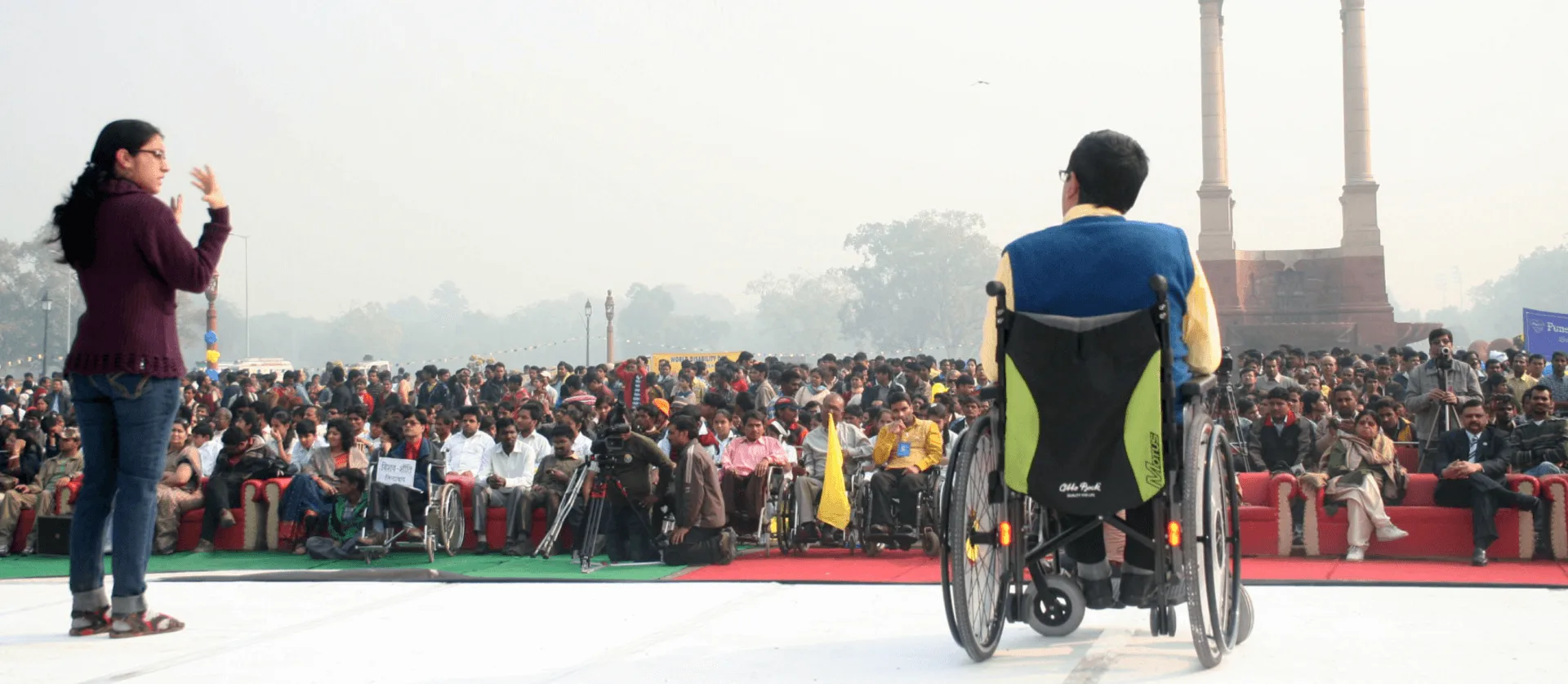Applications open for the NCPEDP Bajaj Finserv Scholarship Program for Students with Disabilities

Our Awards
NCPEDP-Mphasis Universal Design Awards 2025
About Awards Instituted in 2010, the Awards honour exemplary contributions to accessibility and universal design in India. They recognize individuals, professionals, and organizations driving inclusive change across sectors like built environment, ICT, transport, and assistive technology. The initiative has helped shape national discourse and policy, including the RPWD Act, 2016. Over 200 changemakers have been…
NCPEDP Helen Keller Awards
About Program The Helen Keller Awards started in 1999 as a result of the findings of a survey conducted of the Top 100 Companies of India by the National Centre for Promotion of Employment for Disabled People (NCPEDP). The results showed that the average percentage of employment of people with disabilities was as follows: in…


